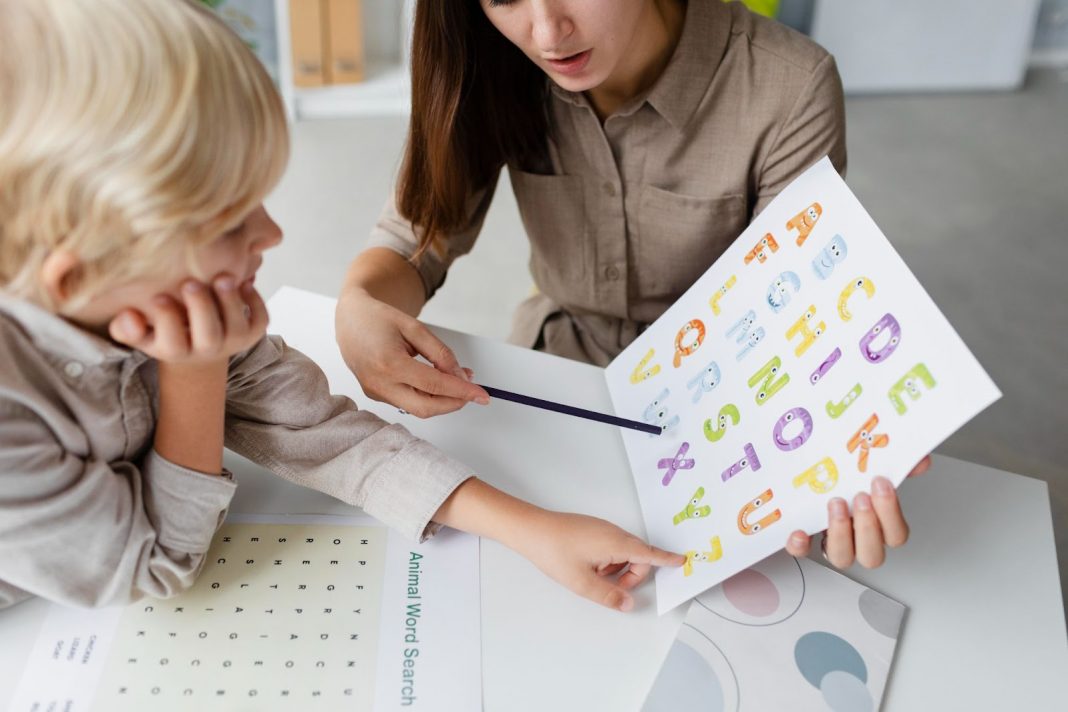Like many of you, I’m a parent with a curious 5-year-old who’s always full of questions. As my child grows, I’ve realised that learning how to improve kids’ vocabulary is like planting seeds that grow into a vibrant garden of words, shaping their world one term at a time. Words are the building blocks of their understanding, and that’s why I feel the constant need to help my little ones expand their vocabulary.
Math & ELA | PreK To Grade 5
Kids see fun.
You see real learning outcomes.
Watch your kids fall in love with math & reading through our scientifically designed curriculum.
Parents, try for free Teachers, use for free
Imagine your child expressing themselves confidently, telling stories, and asking questions that make you pause and think. It’s a beautiful sight. This journey of improving kids’ vocabulary is not just about having fancy words; it’s about nurturing their ability to communicate, learn, and explore the world.
In this blog, I’ll share simple tips that have worked for me and my child. These are the kinds of tips that make learning feel like a fun adventure, not a chore. So, let’s dive into these practical tips to improve kids’ vocabulary that can make a world of difference in your child’s vocabulary and their journey of discovery.
Related Reading: Best Vocabulary Games to Play in Your Classroom
7 Benefits of Improving Your Kids’ Vocabulary
Think about those heartwarming moments when your child excitedly tells you about their day. They share stories, ideas, and dreams. These precious moments show the incredible advantages of helping your kids grow their vocabulary.
- Speak clearly: When kids know lots of words, they can express their thoughts clearly. No more struggling to find the right words.
- Feel more confident: Kids with good word skills feel more self-assured. They’re more likely to join class discussions, make friends, and speak up for themselves.
- Do better in school: Knowing lots of words helps with reading, writing, and understanding what teachers say. It’s like having superpowers for school!
- Think better: Words help kids think and solve problems. It’s like having a toolkit for their brains.
- Imagine and create: Words let kids create amazing stories, art, and adventures in their minds. It’s like magic!
- Talk and connect: Good word skills make it easy for kids to chat with friends, family, and teachers. They can share their ideas and feelings.
- Love for reading: When kids understand words, they enjoy reading more. They can explore reading books.
So, helping your child learn new words isn’t just about “big” words. It’s about giving them superpowers to express themselves, do well in school, and dream big. Let’s explore simple ways to make this happen.
Related Reading: Reasons Why Reading is Important for Kids Development
How to Improve Kids’ Vocabulary: 11 Tips
Let’s get down to the nitty-gritty of helping your child build a fantastic vocabulary. You know those times when your little one asks you about a new word they’ve heard or when they’re searching for just the right word to explain something? We can work magic to make their vocabulary blossom in those everyday moments. So, here are simple tips on how to improve kids’ vocabulary to help your child learn more words and express themselves better. It’s all about making words a natural part of your family’s journey!
1. Reading Time is Fun Time
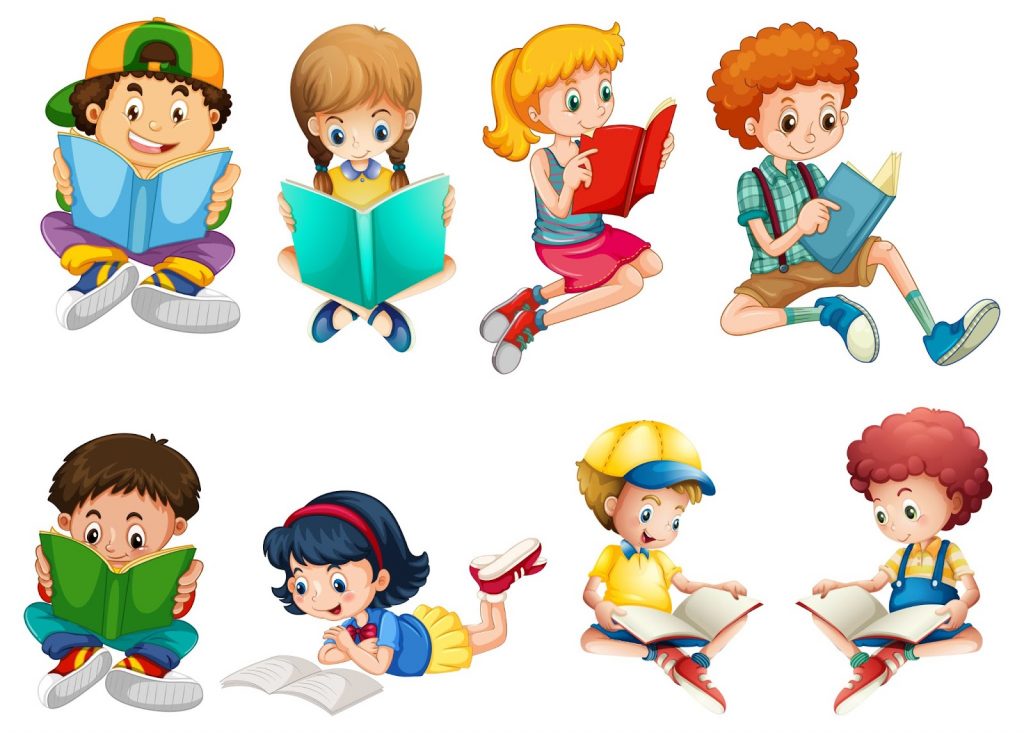
Choose age-appropriate books your child loves and read together regularly. Encourage questions and discussions about the story, characters, and new words. This interactive reading experience expands their vocabulary and strengthens their comprehension skills.
2. One Word a Day
Introduce a new word to your child every day as one of the effective ways to improve vocabulary. Challenge them to use it in sentences or incorporate it into daily conversations. This daily word exploration fosters curiosity and helps kids understand and remember words more effectively.
Related Reading: Funny Words for Kids to Tickle the Funny Bone
3. Introducing Online Games and Worksheets

In today’s world, technology can be a helpful ally in expanding your child’s vocabulary. There are many websites and apps designed to make learning words a blast. These interactive games and worksheets are like little word adventures your child can explore on a tablet or computer. They introduce new words and turn learning into a playful experience.
4. Play with Words
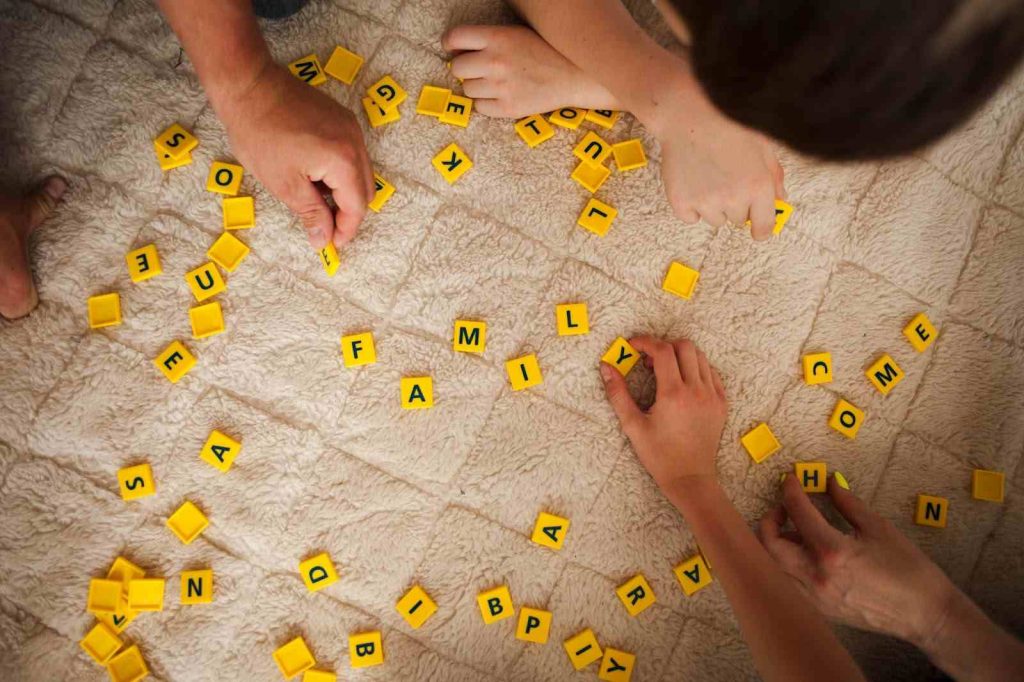
Engage in word-related games like Scrabble, word puzzles, or crossword puzzles. These games make learning words enjoyable and encourage strategic thinking and word association, promoting vocabulary growth.
5. Dictionary Time

Explore a children’s dictionary together. Encourage your child to find and learn new words, their meanings, and how to use them in sentences. It’s like embarking on a world treasure hunt, sparking their curiosity.
6. Write it Down

Encourage your child to maintain a small notebook for exciting words they come across. Writing down words reinforces memory and understanding, and it’s a tangible way for them to track their word discoveries.
7. Talk to Your Child

Engage in meaningful conversations with your child. Share stories, ask open-ended questions, and actively listen to their thoughts and ideas. These dialogues provide opportunities for them to practice using words effectively.
8. Bedtime Stories

Create a bedtime routine that includes storytelling. Reading various bedtime stories calms your child and exposes them to different words and narratives, enhancing their vocabulary while creating cherished memories.
9. Storytelling
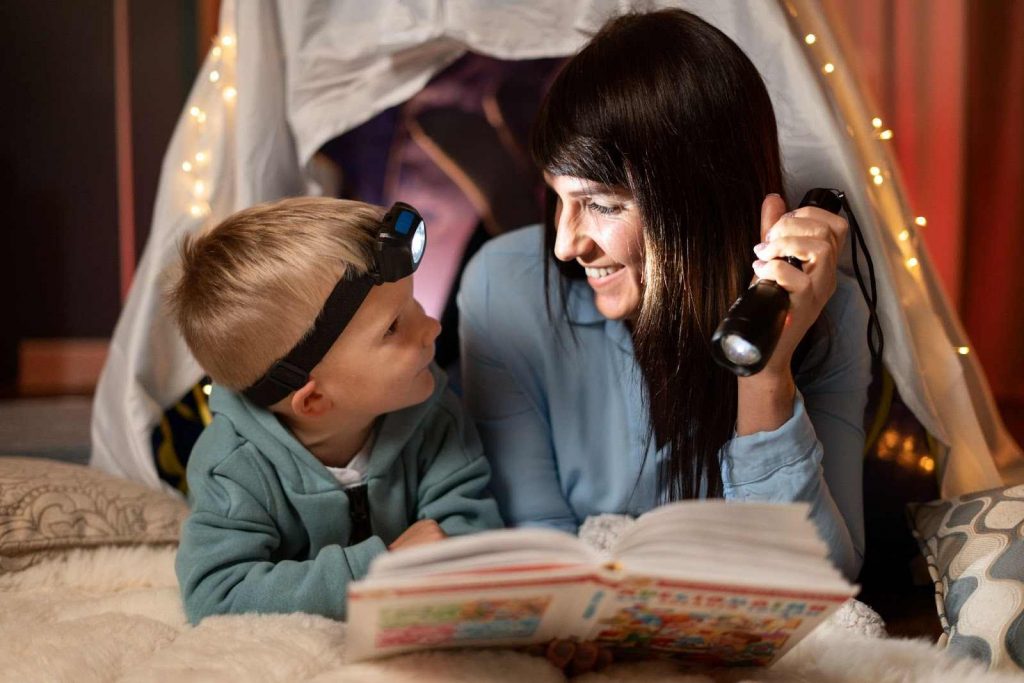
Encourage your child to enhance their creativity by creating their stories. This imaginative process allows them to express themselves and introduces new words as they construct narratives.
10. Word Games
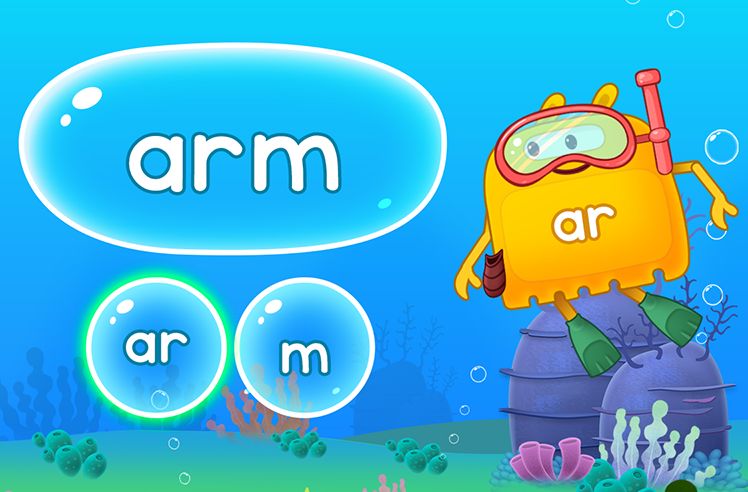
Play simple word games like “I Spy” during car rides or walks. These games stimulate observation and vocabulary as children search for and describe objects using words
11. Be a Role Model
Model good vocabulary use by incorporating rich and varied words into your conversations to help improve vocabulary skills. Children learn by example, and hearing you use expressive language encourages them to do the same.
Conclusion
We’ve covered many ideas, but I want to remind you of something important. You don’t need to be a language expert or follow complex methods to boost your child’s vocabulary. It’s all about making learning fun and a part of your everyday life.
These tips on how to improve kids’ vocabulary are like little seeds you can plant in your child’s mind. With time and care, they’ll grow into a rich vocabulary that will serve them well.
So, as you dive into reading, playing, and talking with your child, remember that you’re not just helping them learn words; you’re nurturing their ability to express themselves, understand the world, and build strong connections with others. Keep the journey simple, joyful, and full of discovery. Together, you and your child will embark on a word-filled adventure that will shape their future in wonderful ways.
Frequently Asked Questions (FAQs)
How to improve 10-year-old's vocabulary?
Improve your 10-year-old’s vocabulary by reading together, discussing new words, and introducing one new word daily.
What is the fastest way to improve vocabulary?
The fastest way to improve vocabulary is through consistent reading, active word exploration, and engaging in diverse conversations.
How can I improve my 4-year-old's vocabulary?
Enhance your 4-year-old’s vocabulary by reading age-appropriate books, using descriptive language, and encouraging their questions and curiosity.

















